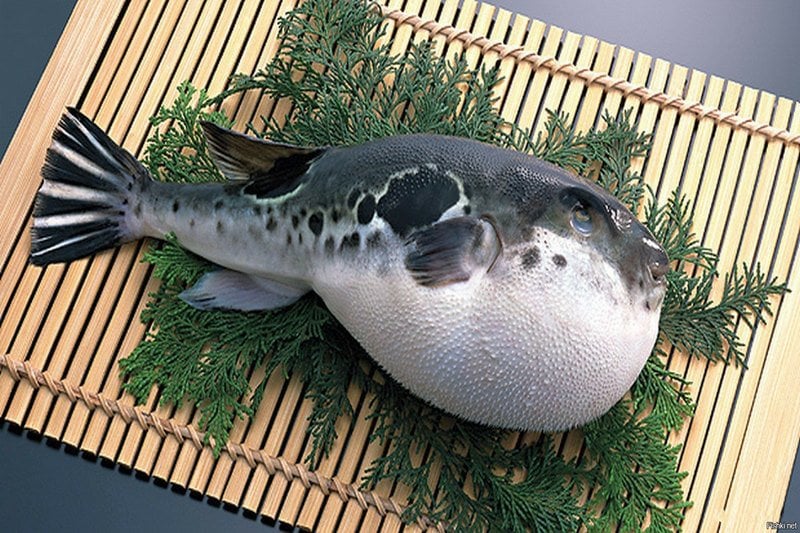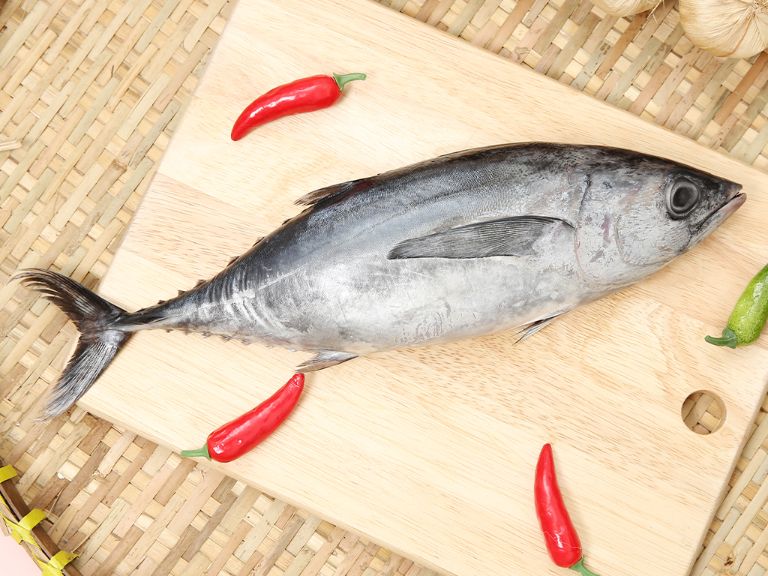Large Freshwater Fish
It’s a common misconception that bigger fish are more nutritious and delicious, leading many to spend generously on these specimens. However, it’s best to avoid purchasing these fish as they may have been injected with growth hormones or lived in muddy areas, resulting in higher levels of pollutant accumulation. Additionally, achieving such substantial weight gain often indicates prolonged use of weight-enhancing stimulants by the fish farmers. Consuming these fish may expose you to toxins rather than providing nutritional benefits, potentially causing serious health issues.

Fish with High Mercury Levels: Avoid Overconsumption
Distended Belly Fish
When buying fish at the market, steer clear of those with motionless bodies and significantly distended bellies. These fish have likely been dead for an extended period, causing the buildup of gases that make the belly swell. According to food experts, a weakened immune system and rampant bacterial growth occur post-mortem. The decomposition process also leads to the formation of putrid-smelling organic acids and alterations in the color and histidine protein content.
Tuna
Tuna is another fish variety known for its high mercury content. While widely consumed, it’s essential to limit your intake to prevent potential health risks associated with mercury toxicity. Overindulging in tuna may inadvertently invite chronic illnesses.
Clown Knifefish/Walking Catfish
Clown knifefish and walking catfish are common in Vietnam and even exported abroad. However, when tested for mercury and malachite green dye in the US, they yielded positive results. American food safety standards consider these fish varieties “dirty” and recommend avoiding them.

Fish Containing Mercury: Proceed with Caution
Pufferfish
Pufferfish pose a severe threat to all consumers as they contain not only mercury but also deadly toxins. Pregnant women, in particular, should refrain from eating this fish. Pufferfish carry tetrodotoxin in their ovaries and hepatoxin in their livers, which can be lethal if not properly prepared.

Swordfish
Swordfish, a marine species, also falls into the category of fish with high mercury levels. Excessive consumption of swordfish increases the risk of methylmercury toxicity. Therefore, it’s advisable to limit your intake of this fish to prevent potential health issues.
































